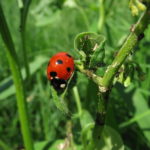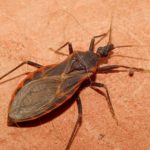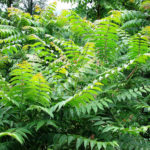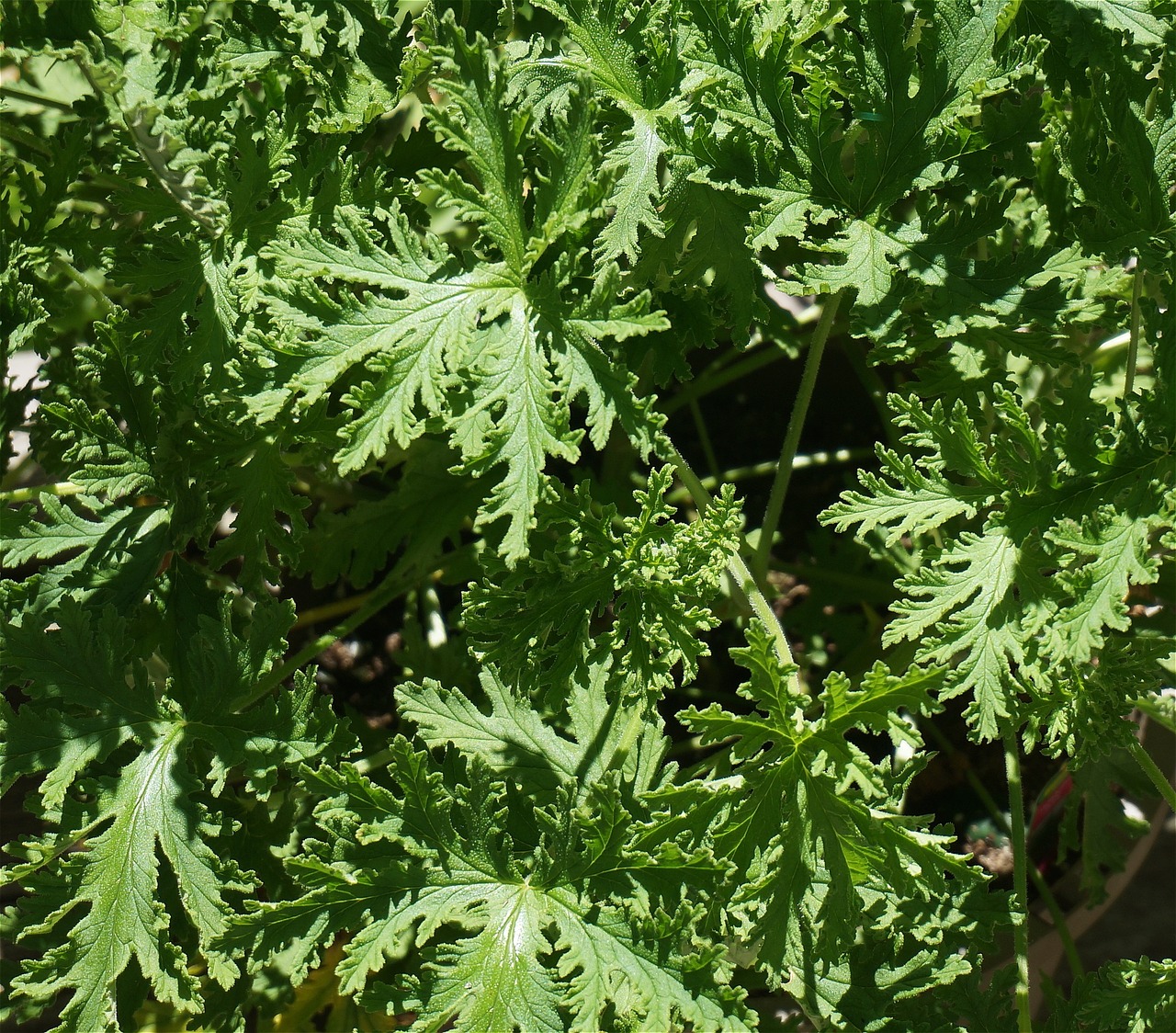
People have been using plants to get rid of pesky insects for centuries. While the idea isn’t new, scientists are learning more about the biology behind pest-repellent plants. A better understanding of this science can help you protect your lawn and garden without using harmful chemicals. It could also benefit crops and even human life, all with less impact on the environment. Here are some eco-friendly pest control tips in Kansas City.
Pest-Deterring Plants
Most plants have chemical compounds they use to defend themselves against insects. That newly cut grass scent you love so much? It’s really your lawn emitting a volatile scent as a defense mechanism. Other compounds include repellents, feeding deterrents, toxins, and growth regulators. Some can even block the scent receptors bugs use to find their prey. These compounds protect the botanicals against plant-eating (phytophagous) insects. They can also be useful in warding off mosquitoes and other biting insects such as Diptera, also known as true flies). Many plants have structural defenses such as thistles, bark, thorns, prickles. Others have essential oils that insects find repulsive. Lavender is a good example. Humans love the smell, but bugs hate it. Citronella, pictured above, is another plant that bugs bugs. The essential oil found in lemongrass has a strong aroma that keeps mosquitoes away.
Herbs
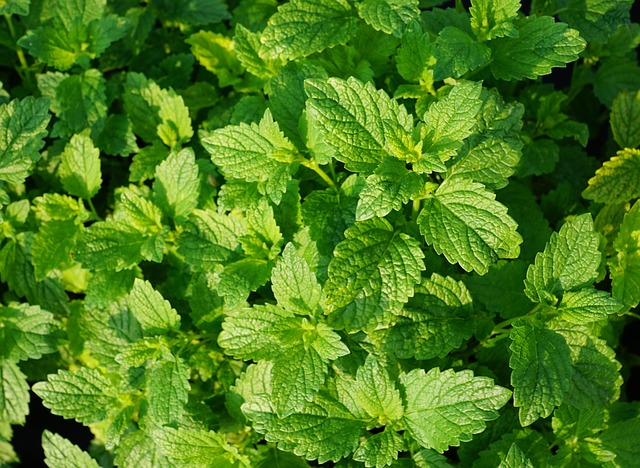
Herbs including basil, peppermint, oregano, thyme, and rosemary work in a similar way. Basil’s strong aroma can repel mosquitos and flies. Bugs hate the taste and smell of peppermint, and it can also kill mosquito larvae. If an insect bites you, rub peppermint leaves on the bite for natural relief. Oregano contains carvacrol, an essential oil that repels many pests. Rosemary’s scent can block mosquitos, flies, and cabbage moths. Here’s a tip to keep the bugs from biting at your backyard barbecue: throw a few sprigs of rosemary on the grill. The scented smoke will help keep the bugs at bay.
Insect Repelling Flowers

If you’re looking to add insect-repelling flowers to your garden, chrysanthemums or marigolds are a good choice. These plants produce pyrethrum, which acts as an insect neurotoxin. Some commercial insecticides contain synthetic copies of these, known as pyrethrin or pyrethroids. It’s important to note that having these plants or flowers in your garden won’t remove all insects. The leaves of many of these plants need to be crushed or burned to release enough of the chemical compounds to be effective. Applying the essential oils to clothing or skin is more effective than standing near the plants… but those oils can sometimes irritate your skin. They also can evaporate quickly, so you may need to reapply them often.
Companion Planting
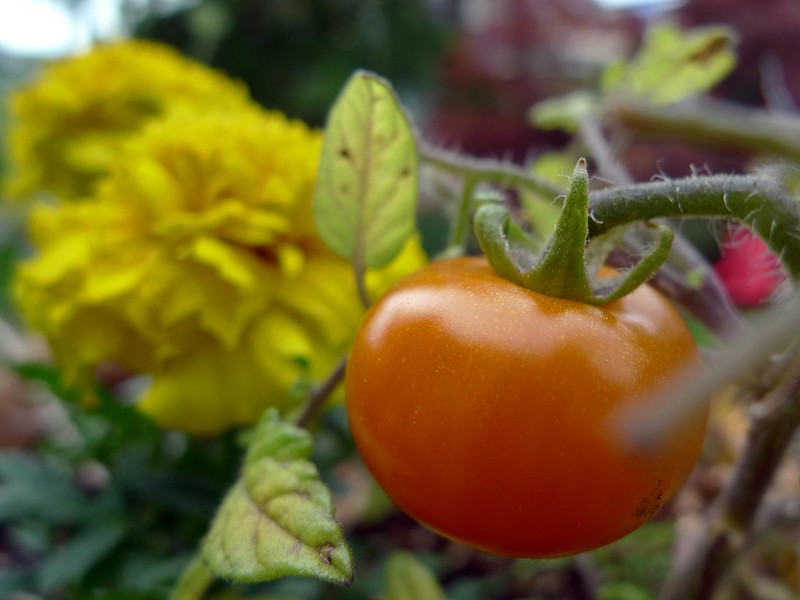
Researchers found intercropping these insect-repelling plants on farms can be effective. Intercropping (also called companion planting) is the practice of planting different crops near each other. Crops that repel insects such as marigolds can protect your tomatoes and reduce the use of harmful pesticides. But intercropping can have the opposite effect if not done properly. Petunias are great for repelling tomato worms and squash bugs. But you don’t want to plant them too close to your fruits and veggies since their scent will attract slugs and caterpillars.
Eco-Friendly Products
Some of the plants’ pest-fighting properties are used in commercial products. Consumer Reports recommends commercial products containing oil of lemon eucalyptus or OLE. The United States Centers for Disease Control rates it as comparable in effectiveness to DEET, a harsh synthetic chemical repellent. Bacillus thuringiensis or Bt is a natural insecticide popular with farmers who want to protect their crops without chemicals. It targets and kills pests, but not beneficial insects or other wildlife. Bt is good for treating larvae from hornworms and cutworms.
Helpful Insects

Some city and state governments include helpful insects as part of their pest management strategies. University of Missouri extension agent Travis Harper says, “Beneficial organisms…can help suppress pest development. They may include natural pest predators or parasites. One of the biggest beneficial insects is the ladybug that eats aphids and whiteflies.”
Harper, who specializes in agronomy in Henry County, says you can attract them by planting herbs such as cilantro, dill, fennel, or geraniums. “You can also buy them, but whatever you do, avoid using chemical pesticides which can kill them.” The best defense against outdoor pests is to create a healthy lawn and garden. Healthy plants are less vulnerable to pests and are better equipped to defend themselves and recover. Because these pest control methods are nature-based rather than synthetic, the environment could end up the biggest winner in the battle.
